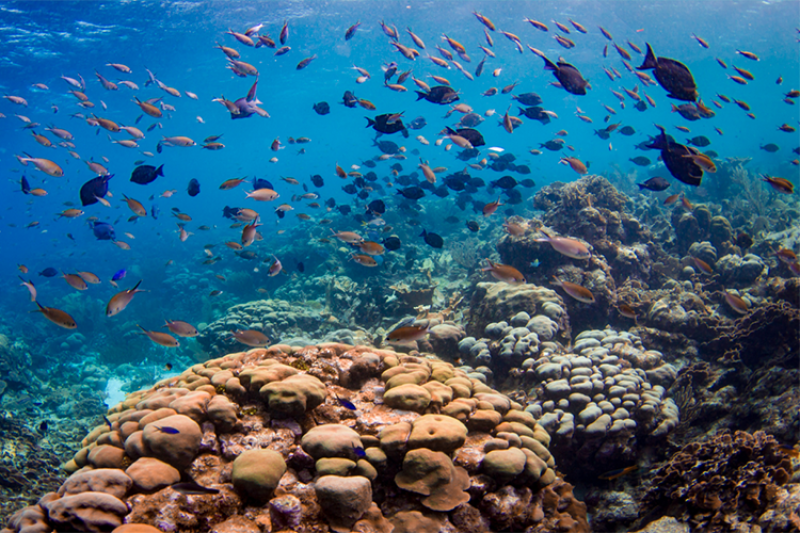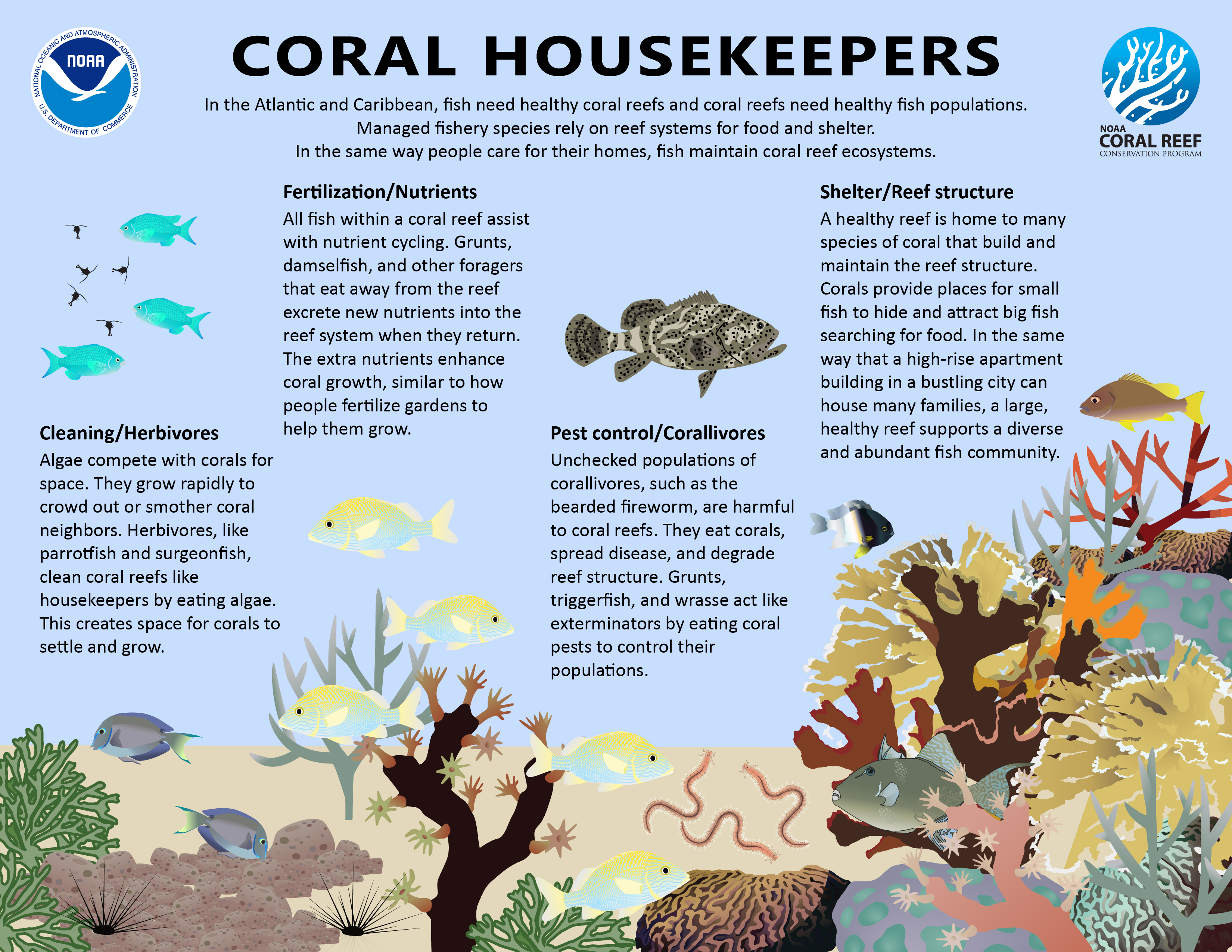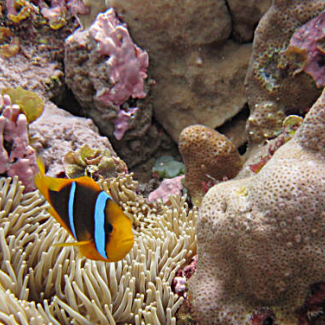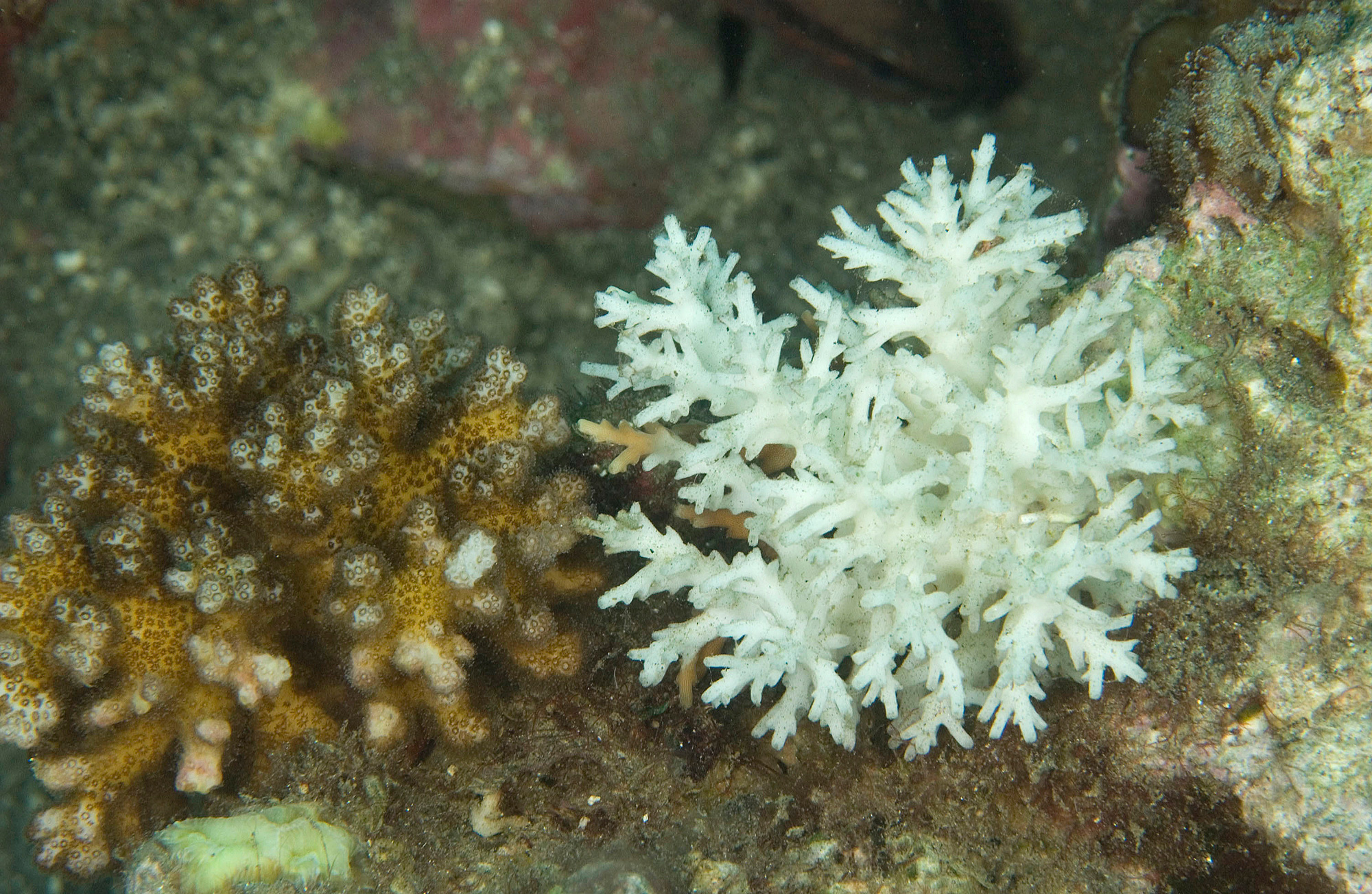Coral reefs are vital ecosystems that significantly contribute to marine biodiversity and provide essential resources for countless species. Often termed as 'the rainforests of the sea,' they host an extraordinary variety of life, playing crucial roles in the health of oceanic environments.
Habitat and Biodiversity

Coral reefs are homes to an estimated 25% of all marine species, despite covering less than 1% of the ocean floor. They support over 4,000 species of fish and thousands of other marine organisms, including invertebrates and plant life[5][11]. The structural complexity provided by coral reefs creates numerous habitats essential for breeding, feeding, and sheltering, which benefits diverse aquatic populations[10][15]. This biodiversity contributes to a robust gene pool, enhancing the resilience of marine ecosystems against environmental changes and disasters[8][13].
Essential Ecological Functions

The various species within coral reefs fulfill specific ecological roles that help maintain the overall health and balance of their ecosystems. For example, herbivorous fish play a critical role in managing algal growth, preventing harmful macroalgae from outcompeting corals for space and resources[15]. Additionally, many coral reef species engage in mutualistic relationships; for example, reef fish assist coral growth by consuming algae and pests, while corals provide food and habitat for the fish[2][4]. Such interactions are essential for the productivity and stability of coral ecosystems.
Nurseries for Marine Life

Coral reefs act as productive nurseries for many fish species, providing a safe and resource-rich environment for juveniles to grow and develop. This role is vital for maintaining fish populations, especially those crucial for local and global fisheries[4][7]. The reefs' intricate structures offer refuge from predators, enhancing survival rates among young marine organisms[10][14].
Coastal Protection

In addition to supporting marine biodiversity, coral reefs serve as natural barriers that protect coastal areas from wave energy and storm surges. They can reduce wave energy by up to 97%, thereby minimizing the impact of cyclones and hurricanes on adjacent land[6][12]. This protective function contributes to the stability of coastal ecosystems, which rely on healthy and intact coral reefs for their own vitality[9][11].
Economic Value and Food Security

Coral reefs are not only ecologically significant but also economically important. They contribute to the livelihoods of over half a billion people worldwide, particularly through fisheries and tourism[3][4]. The annual commercial and recreational value of U.S. fisheries associated with coral reefs is estimated at $100 million, highlighting the economic stakes tied to these ecosystems[2]. Furthermore, coral reefs provide essential nutrition to coastal communities, supporting food security through sustainable fish populations[11][12].
Medicinal Potential

The vast biodiversity found within coral reefs holds significant promise for medical discoveries. Many compounds derived from reef organisms are being researched for their potential to treat various diseases, including cancer and infections[1][8]. This aspect underscores the importance of preserving coral ecosystems not only for their ecological roles but also for their contributions to human health.
Conclusion
In summary, coral reefs play a critical role in sustaining marine life by providing habitat, supporting high biodiversity, acting as nurseries for juvenile fish, and serving as natural coastal protection. Their contributions extend beyond ecological functions, significantly impacting human communities through economic benefits and potential medicinal resources. The preservation of coral reefs is, therefore, essential for maintaining the health of marine ecosystems and the wellbeing of coastal populations that depend on them for sustenance and protection. The loss of these crucial ecosystems would not only threaten marine biodiversity but would also have far-reaching implications for global food security and economic stability.
Get more accurate answers with Super Pandi, upload files, personalized discovery feed, save searches and contribute to the PandiPedia.
Let's look at alternatives:
- Modify the query.
- Start a new thread.
- Remove sources (if manually added).